There is a tradition of shopkeeping, a tradition of codes, etiquette, and customs. For the most part, it is an oral history, passed along person to person. You learn to be a retailer not by going to college, but by going to work. You learn from people who have learned how to run a shop.
--from Shopkeeping: Stories, Advice, and Observations by Peter Miller (Princeton Architectural Press)
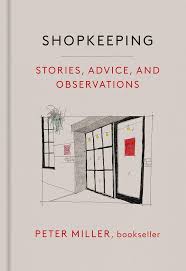 Shopkeepers have not traditionally garnered high praise. Henry David Thoreau, for example, wasn't impressed: "When sometimes I am reminded that the mechanics and shopkeepers stay in their shops not only all the forenoon, but all the afternoon too, sitting with crossed legs, so many of them--as if the legs were made to sit upon, and not to stand or walk upon--I think that they deserve some credit for not having all committed suicide long ago."
Shopkeepers have not traditionally garnered high praise. Henry David Thoreau, for example, wasn't impressed: "When sometimes I am reminded that the mechanics and shopkeepers stay in their shops not only all the forenoon, but all the afternoon too, sitting with crossed legs, so many of them--as if the legs were made to sit upon, and not to stand or walk upon--I think that they deserve some credit for not having all committed suicide long ago."
On the other hand, a 1922 New York Times article headlined "Shopkeeper of Shakespeare and Company" described legendary Parisian bookseller Sylvia Beach as "efficient and determined, but with her efficiency and determination there was understanding besides."
I spent much of my early working life in supermarkets, and a significant portion of my middle-aged working life in a bookstore. I didn't own those shops, but I took possession of them in my own way, as any dedicated frontline bookseller will understand. And I considered it a compliment when people thought I was the owner, the "shopkeeper." Sometimes I didn't even correct them.
So I when I read Shopkeeping recently, I did not feel diminished by the fact that Miller's definition of a shopkeeper is someone who owns the business. It makes sense. On the other hand, my longtime experience as a "clerk" with attitude allowed me to suspend the reality of my job description and inhabit Miller's wonderful book as a fellow shopkeeper, partly because this is not really a how-to manifesto; it's a love letter to a profession.
"You never get to hear from a shopkeeper," he writes. "Here are some thoughts, and notions, and what I have learned in forty-five years of shopkeeping."
Miller is the owner of Peter Miller Books in Seattle, Wash. In a 2023 Seattle Times profile of the bookseller, Paul Constant noted that "his monklike commitment to elegant design and his impeccable curation eventually attracted a committed fan base.... And now design aficionados from all over the world flock to Peter Miller Books to meet the man who devoted his legendary bookselling talents to Seattle design before there was a coherent Seattle design to speak of."
 In the introduction to Shopkeeping, architect Steven Hall observes: "His space has always been much more than an architectural bookstore--it's a cultural space of education, meeting, and interaction. It's a space radiating the joys of life via Peter's contagious enthusiasm."
In the introduction to Shopkeeping, architect Steven Hall observes: "His space has always been much more than an architectural bookstore--it's a cultural space of education, meeting, and interaction. It's a space radiating the joys of life via Peter's contagious enthusiasm."
Dan Brewster, owner of Prologue Bookshop in Columbus, Ohio, celebrated the book's release in an Instagram post: "As a bookstore owner, the design and atmosphere of my store is a top priority. Shopkeeping by Peter Miller, owner of a wonderful architecture bookstore in Seattle, is one of the first books to focus on these key elements. The book carefully prescribes Miller's vision for bookselling, retail, and the art of shopkeeping. It's full of great ideas and inspiration for what we do. I can't wait to share it with colleagues and friends alike and dive into its fascinating insights."
"I never tell anyone to be a retailer," Miller writes. "It is a fragile occupation and hard on your heart. You put on the same show, each day, and hope that you have chosen well, that it is what people might want. You worry and you wonder and, for much of the time, you are alone with your decisions."
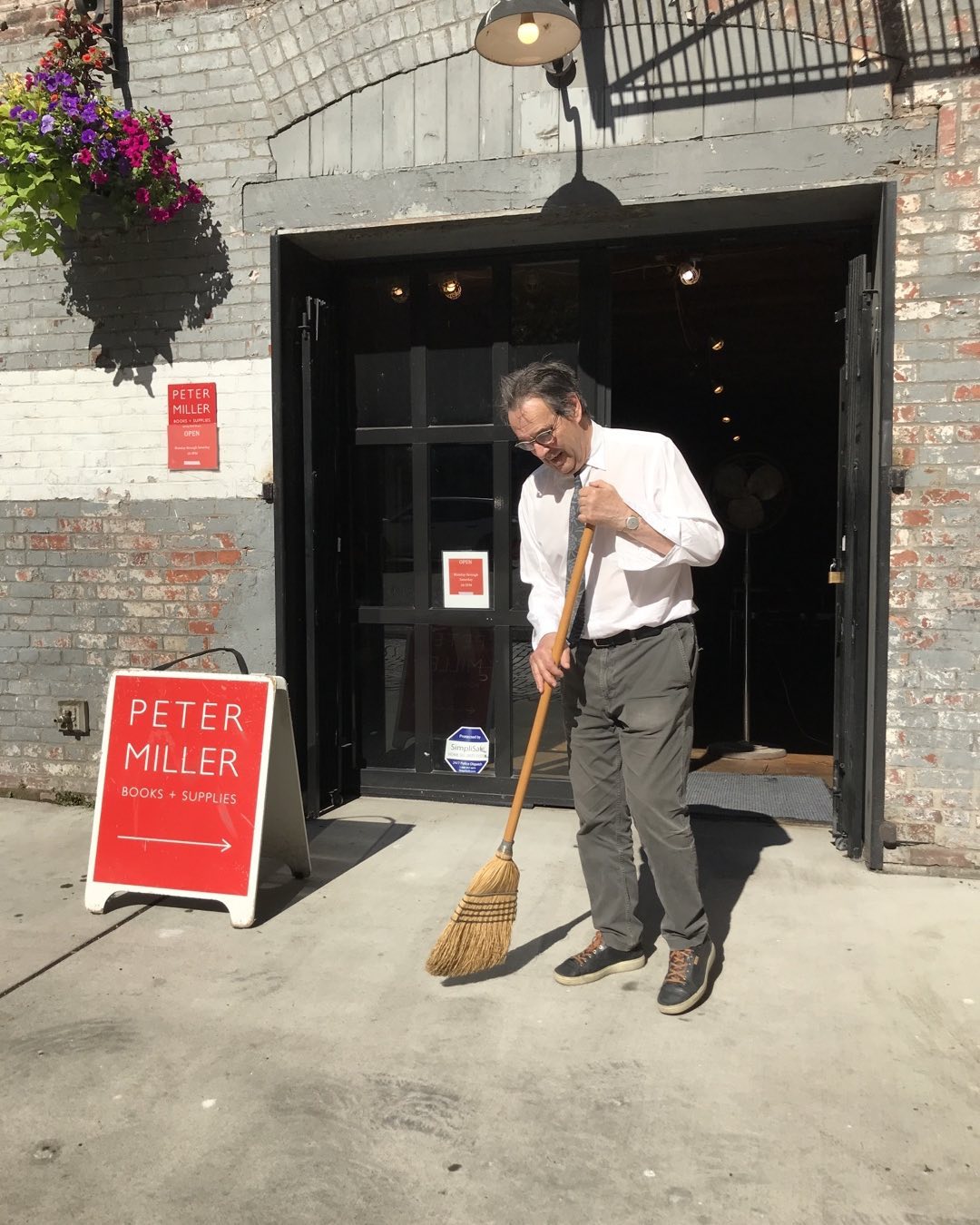 Miller elevates the image of being a shopkeeper, which is no easy task. The term itself can seem like a pejorative, though my impression may come from watching too many westerns where shopkeepers are traditionally portrayed as obsequious, sleeve garter-wearing cowards who run inside and pull down the shades when the shootin' starts.
Miller elevates the image of being a shopkeeper, which is no easy task. The term itself can seem like a pejorative, though my impression may come from watching too many westerns where shopkeepers are traditionally portrayed as obsequious, sleeve garter-wearing cowards who run inside and pull down the shades when the shootin' starts.
The HBO series Deadwood rescued the term briefly with Timothy Olyphant's fierce portrayal of Seth Bullock, a man who wants to trade his gunslinging past for a new life as a hardware store shopkeeper, though choosing a lawless South Dakota settlement for his nascent retail venture complicates things a bit. Imagine an armed Bernard Black.
Customers do not witness the behind-the-scenes complexity of a shopkeeper's day. Many bookstore patrons, for example, see only an ideal job that involves bookish conversations in a soothing environment, and good booksellers sustain the illusion by remaining calm and cordial, even when their work day--an endless cycle of shelving, ordering, straightening, cash register duty and other responsibilities--devolves into an angst-inducing blur.
"Books are shy," Miller writes in Shopkeeping. "They take longer than everyone else. They spend most of their lives vertically on a shelf, spine side out, with only a title and author and a publisher's icon to announce them. They open, and open up, only if you open them. They cannot take any sun or liquid at all. Even a copy of King Lear can be outshouted by a rubber duck. Books are shy."
Shopkeepers, however, are their perpetual advocates. That 1922 Times profile of Sylvia Beach noted that she "surrounded herself with the books and the background and the atmosphere she wanted, and it was just that quality of individuality Sylvia expressed that other book-lovers wanted. She understood what she was doing, and her goal was something more than mere business efficiency."
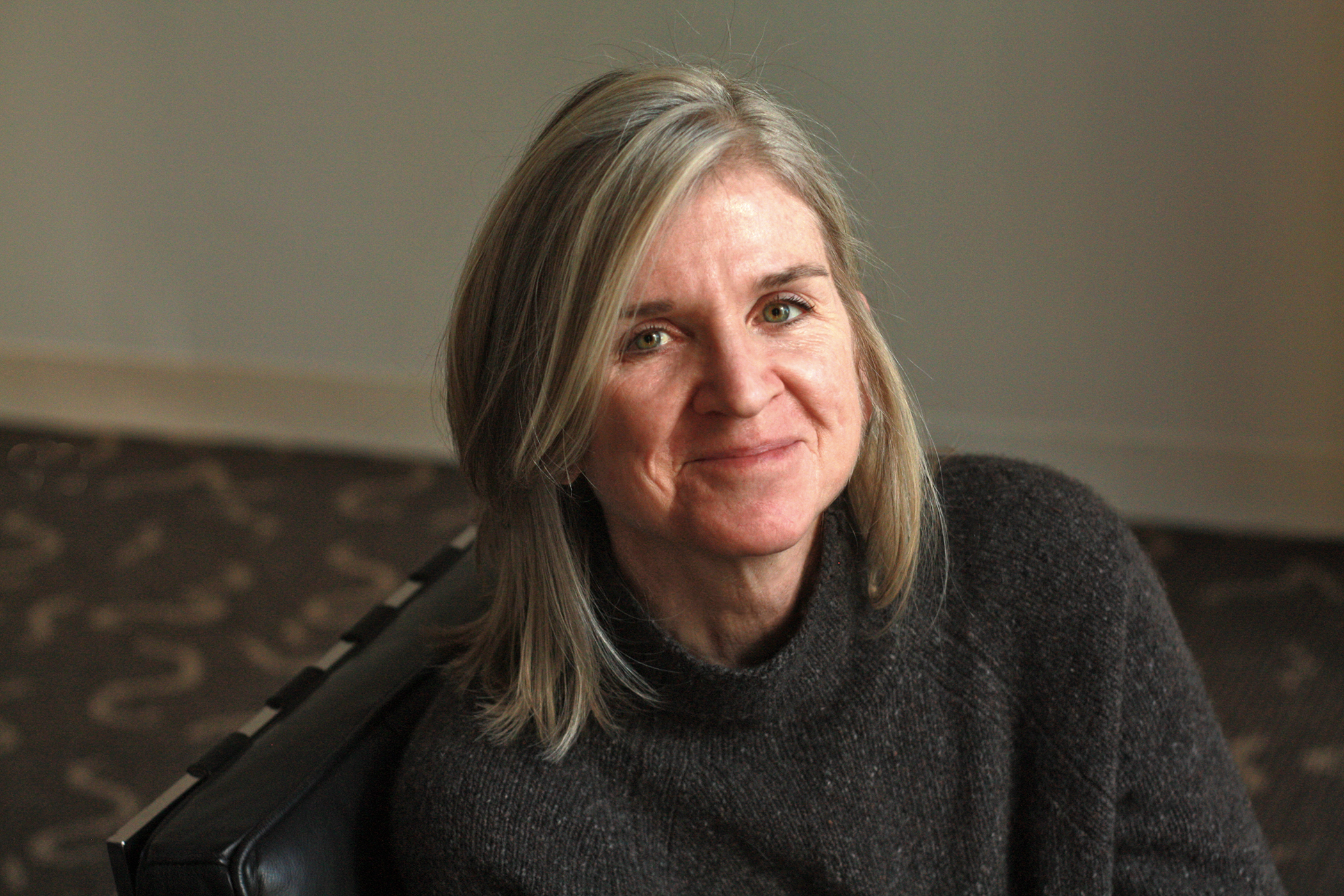












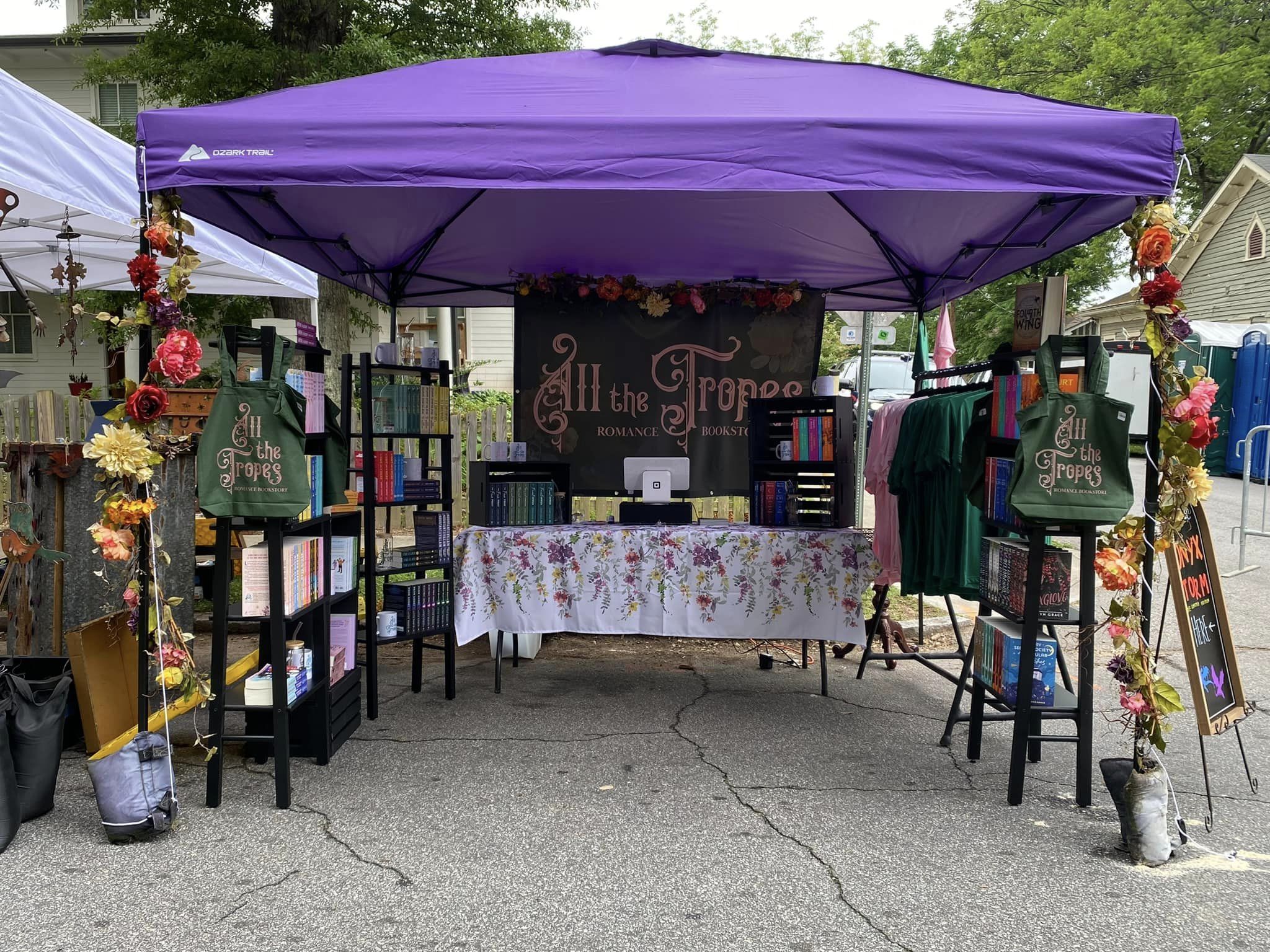

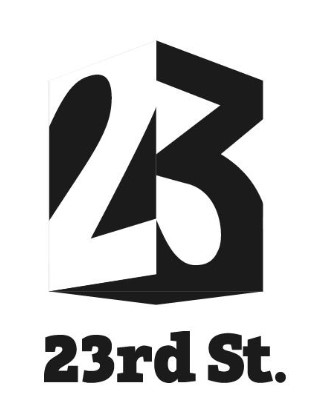 Macmillan is creating a new imprint, 23rd Street Books, which will publish graphic novels for adults that "span styles and genres, from the hilarious to the serious, from the escapist to the realest, from high-octane fiction in every genre to groundbreaking nonfiction--with a trademark commitment to aesthetics and editorial excellence."
Macmillan is creating a new imprint, 23rd Street Books, which will publish graphic novels for adults that "span styles and genres, from the hilarious to the serious, from the escapist to the realest, from high-octane fiction in every genre to groundbreaking nonfiction--with a trademark commitment to aesthetics and editorial excellence." "
" Barnes & Noble has chosen The God of the Woods by Liz Moore (Riverhead) as its July national book club pick. In a live virtual event, on Tuesday, August 6, at 3 p.m. Eastern, Moore will be in conversation with Lexie Smyth, category manager for fiction at B&N, and Kiley Reid, author of Such a Fun Age and Come & Get It.
Barnes & Noble has chosen The God of the Woods by Liz Moore (Riverhead) as its July national book club pick. In a live virtual event, on Tuesday, August 6, at 3 p.m. Eastern, Moore will be in conversation with Lexie Smyth, category manager for fiction at B&N, and Kiley Reid, author of Such a Fun Age and Come & Get It.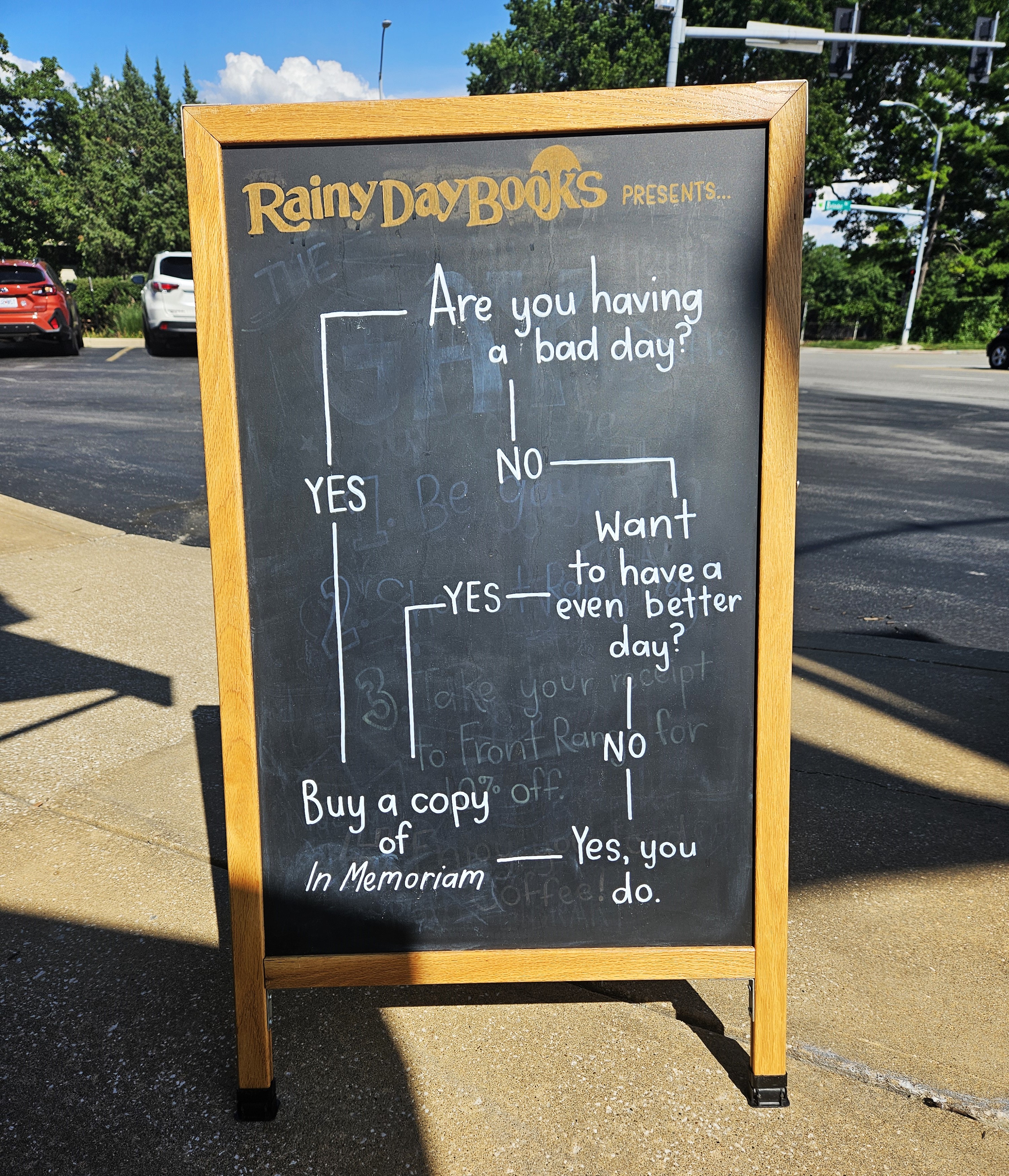 "Are you having a bad day?"
"Are you having a bad day?" 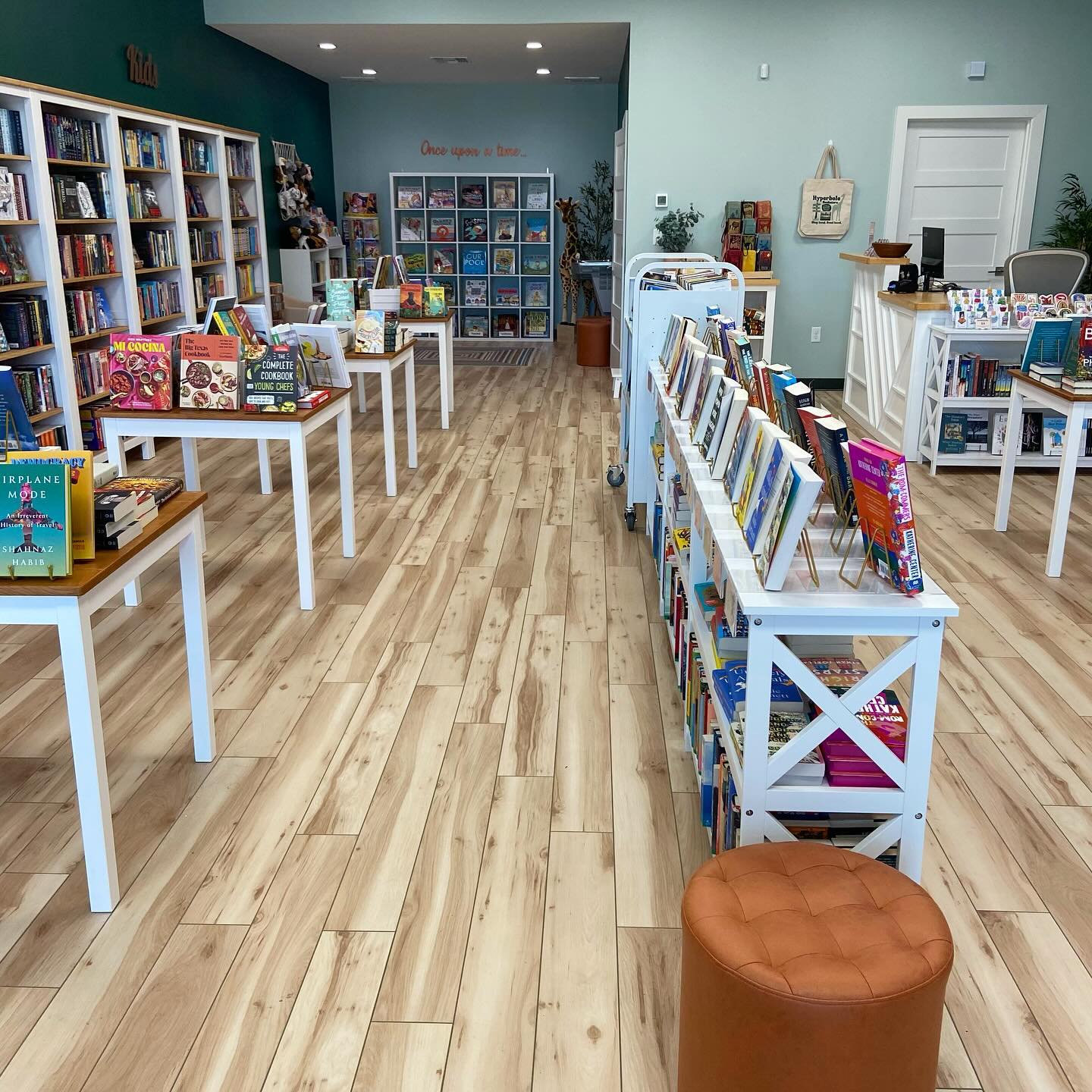 "
" Homecoming Queen: A Small Town Political Thriller
Homecoming Queen: A Small Town Political Thriller
 Book you're an evangelist for:
Book you're an evangelist for: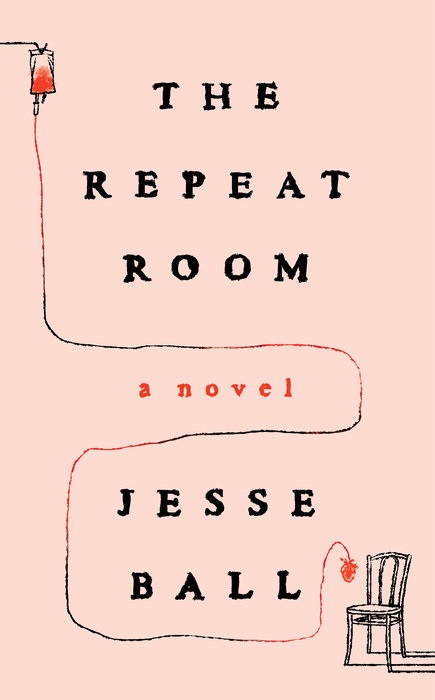 Novelist and poet Jesse Ball's The Repeat Room is a Kafkaesque descent into a legal system based on an experimental program that allows one juror to have an immersive experience of the defendant's life. Abel, a low-class worker in a near-future society with a strict caste system, has been selected to be the juror to experience the life of a man charged with murder. As he is shuffled through a cold, bureaucratic selection process, he also shares a few glimpses into his own alienated life.
Novelist and poet Jesse Ball's The Repeat Room is a Kafkaesque descent into a legal system based on an experimental program that allows one juror to have an immersive experience of the defendant's life. Abel, a low-class worker in a near-future society with a strict caste system, has been selected to be the juror to experience the life of a man charged with murder. As he is shuffled through a cold, bureaucratic selection process, he also shares a few glimpses into his own alienated life.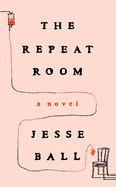
 Shopkeepers have not traditionally garnered high praise. Henry David Thoreau, for example, wasn't impressed: "When sometimes I am reminded that the mechanics and shopkeepers stay in their shops not only all the forenoon, but all the afternoon too, sitting with crossed legs, so many of them--as if the legs were made to sit upon, and not to stand or walk upon--I think that they deserve some credit for not having all committed suicide long ago."
Shopkeepers have not traditionally garnered high praise. Henry David Thoreau, for example, wasn't impressed: "When sometimes I am reminded that the mechanics and shopkeepers stay in their shops not only all the forenoon, but all the afternoon too, sitting with crossed legs, so many of them--as if the legs were made to sit upon, and not to stand or walk upon--I think that they deserve some credit for not having all committed suicide long ago." In the introduction to Shopkeeping, architect Steven Hall observes: "His space has always been much more than an architectural bookstore--it's a cultural space of education, meeting, and interaction. It's a space radiating the joys of life via Peter's contagious enthusiasm."
In the introduction to Shopkeeping, architect Steven Hall observes: "His space has always been much more than an architectural bookstore--it's a cultural space of education, meeting, and interaction. It's a space radiating the joys of life via Peter's contagious enthusiasm." Miller elevates the image of being a shopkeeper, which is no easy task. The term itself can seem like a pejorative, though my impression may come from watching too many westerns where shopkeepers are traditionally portrayed as obsequious, sleeve garter-wearing cowards who run inside and pull down the shades when the shootin' starts.
Miller elevates the image of being a shopkeeper, which is no easy task. The term itself can seem like a pejorative, though my impression may come from watching too many westerns where shopkeepers are traditionally portrayed as obsequious, sleeve garter-wearing cowards who run inside and pull down the shades when the shootin' starts.